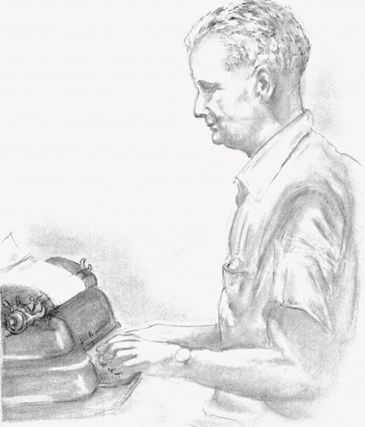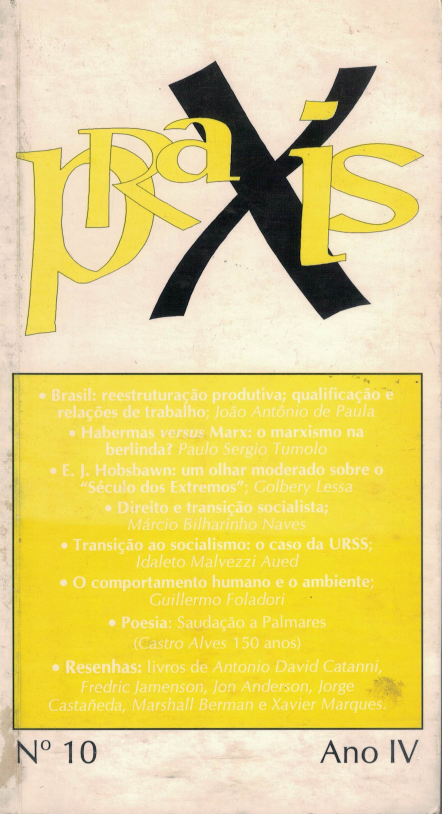Translation of marxism in Brazil: Caio Prado Junior
Abstract
In the winding course of its history, Brazil has not known revolutions. At least true rapid and effective changes of structures. After all, Karl Marx did not usually imagine revolution as a phenomenon of “backward” or colonial countries. On the contrary, it would be produced preferentially by a broad factory proletariat in industrialized countries. However, the 20th century reversed that formula and saw revolutions triumph, without exception, outside Western Europe.
This situation brought a serious problem for the Marxists who acted outside that developed part of the Old World: the supposed transplantation of a theory thought in the “advanced” reality to a peripheral reality.

Downloads
Published
How to Cite
Issue
Section
License
Authors who publish in Revista Mouro agree to the following terms:
The. Authors retain copyright and grant Revista Mouro the right to publish.
B. Authors are authorized to assume additional contracts separately, for non-exclusive distribution of the version of the work published in this publication (eg, to publish in an institutional repository or as a book chapter), with acknowledgment of authorship and publication in Revista Mouro.
ç. Authors are allowed and encouraged to publish and distribute their work online (e.g. in institutional repositories or on their personal page) at any point before or during the editorial process, as this can generate productive changes as well as increase impact and the citation of the published work.





